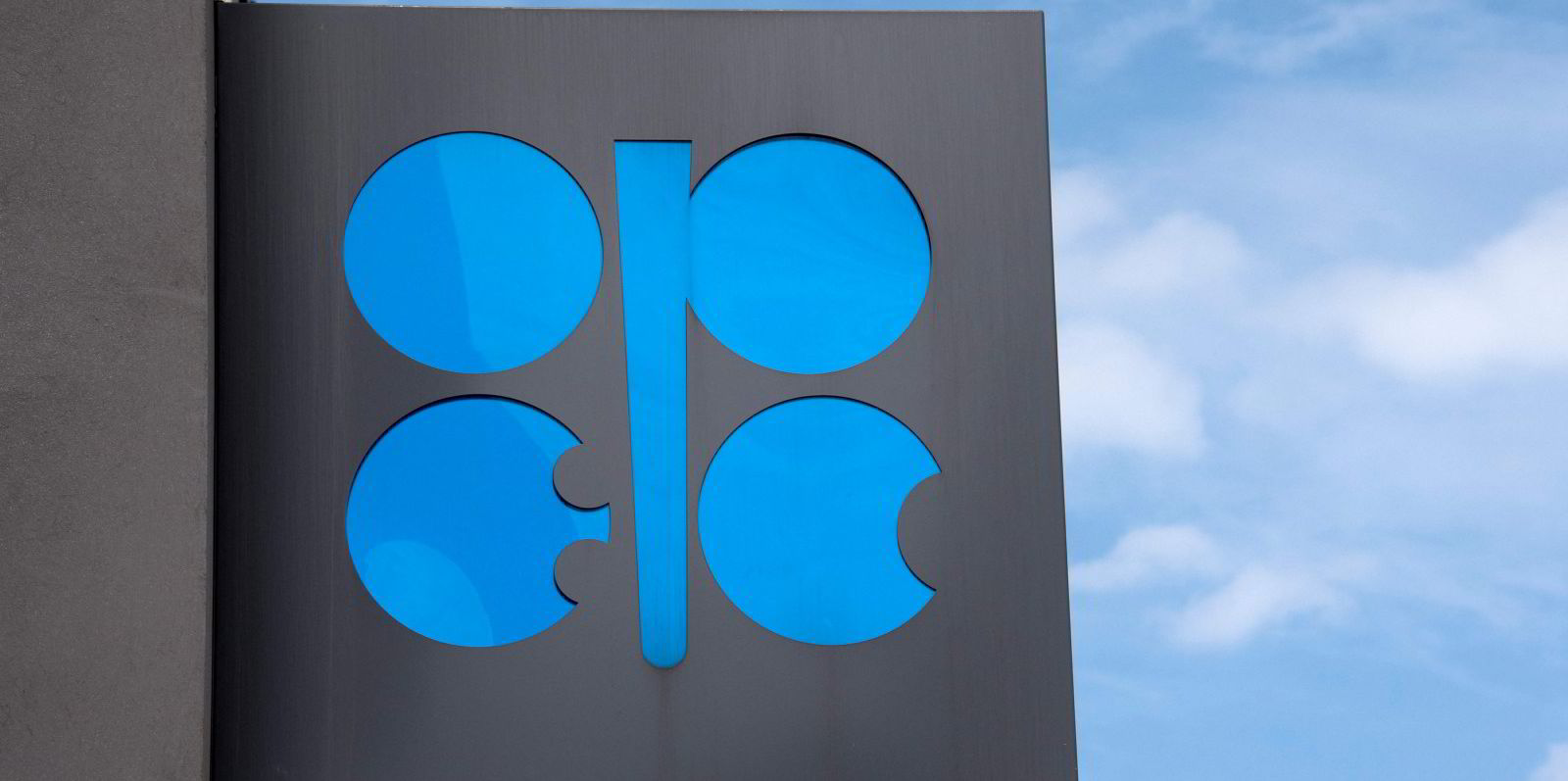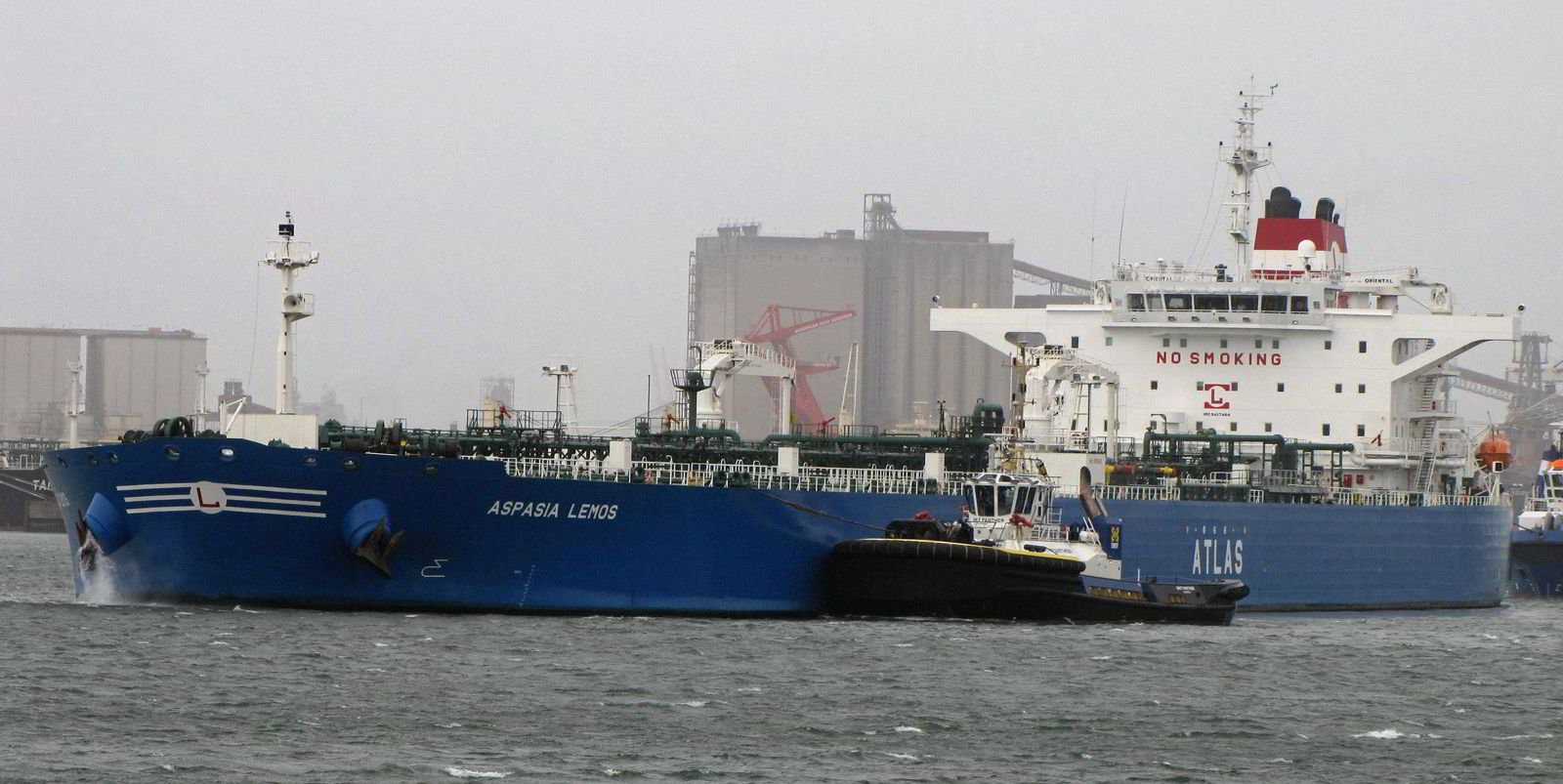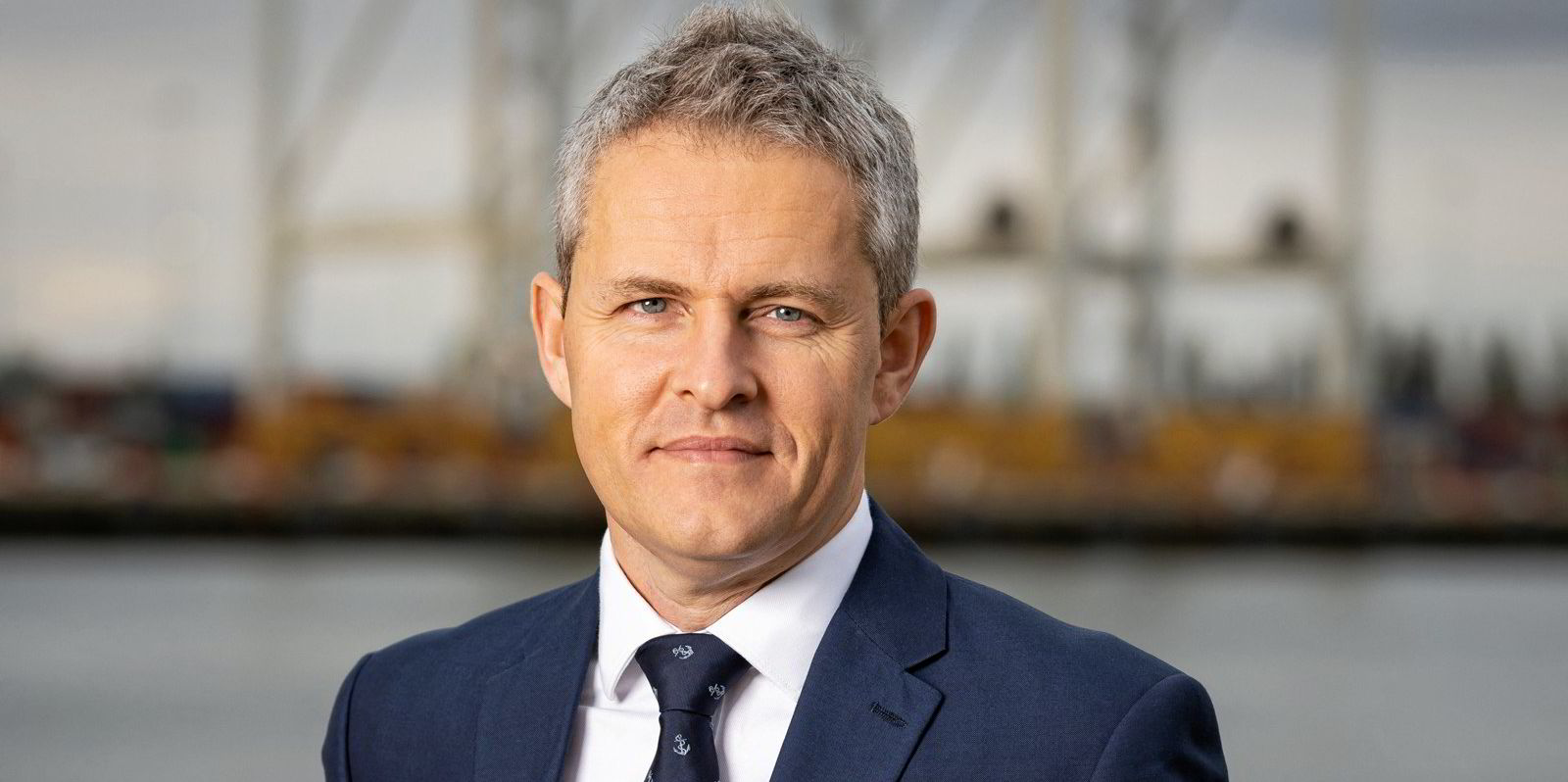UK shipbroking giant Clarksons has revealed a bigger loss for 2020 after taking a £60.6m ($84m) impairment on its securities and offshore business.
The company said shipping's capital markets and energy demand were "severely affected" last year by the Covid-19 pandemic.
A spokeswoman told TradeWinds that the write-down was linked to a review of the goodwill from the acquisition of RS Platou in 2015.
She added that securities and offshore broking have seen continued challenging trading conditions.
"Despite the difficult market, the strategic rationale of the acquisition of RS Platou remains sound, having allowed Clarksons to become the only business that provides clients with all of shipping’s broking/financial and support services," the spokeswoman said.
No further charges?
The company does not expect any further impairment charges arising from RS Platou.
The 2020 impairment compares to one of £47.5m in 2019.
The net loss for the year grew to £25.8m, against £10.9m the year before, with revenue down at £358.2m from £363m.
Chairman Sir Bill Thomas stressed that the charge was a "consequence of exceptional market change", and was a non-cash item.
Dividend rises again
The dividend is not affected and will be increased for the 18th consecutive year to £0.79 per share.
The broker's forward orderbook going into 2021 is larger than at the same time last year, and free cash resources stood at £81.1m at the end of the year.
Chief executive Andi Case said 2020 could never be described as business as usual.
But he called Clarksons' result "robust" and ahead of market expectations.
Shipbroking revenue was £282.6m, against £283m in 2019, with underlying profit stable at $55.4m.
This result was driven by excellent performances across most market segments but Case said there were stand-out performances from the tanker, gas, sale-and-purchase and futures divisions.
He added that the financial division had a mixed 2020.
Tough year for finance
Case said Clarksons Platou Securities had a "very challenging year" due to the pandemic and negative investor sentiment towards global trade and the impact on the shipping and oil services capital markets.
The company has implemented measures to improve efficiencies and reduce costs at the investment banking unit.
"We have for some time talked about the multi-cyclical nature of the maritime markets," Case said.
Oversupply has been common overall, but he added that there has more recently been an increased shortening of the supply of ships.
The shock to demand from the pandemic has meant the impact of this has not been completely reflected in markets, Case said.
No 'saturation'
But he added: "In 2021, we have already seen stronger rates in a number of sectors, and even if not sustained in the short term, we are clearly no longer in markets saturated by excess tonnage."
Thomas called 2020 the most globally disruptive and challenging time in living memory.
And he said the accelerating importance of sustainability and the green transition has been a major area of focus.
"Within shipping we are working with charterers and owners, service providers and industry bodies to drive change through lower emissions of greenhouse gases powered by cleaner energy," Thomas added.







